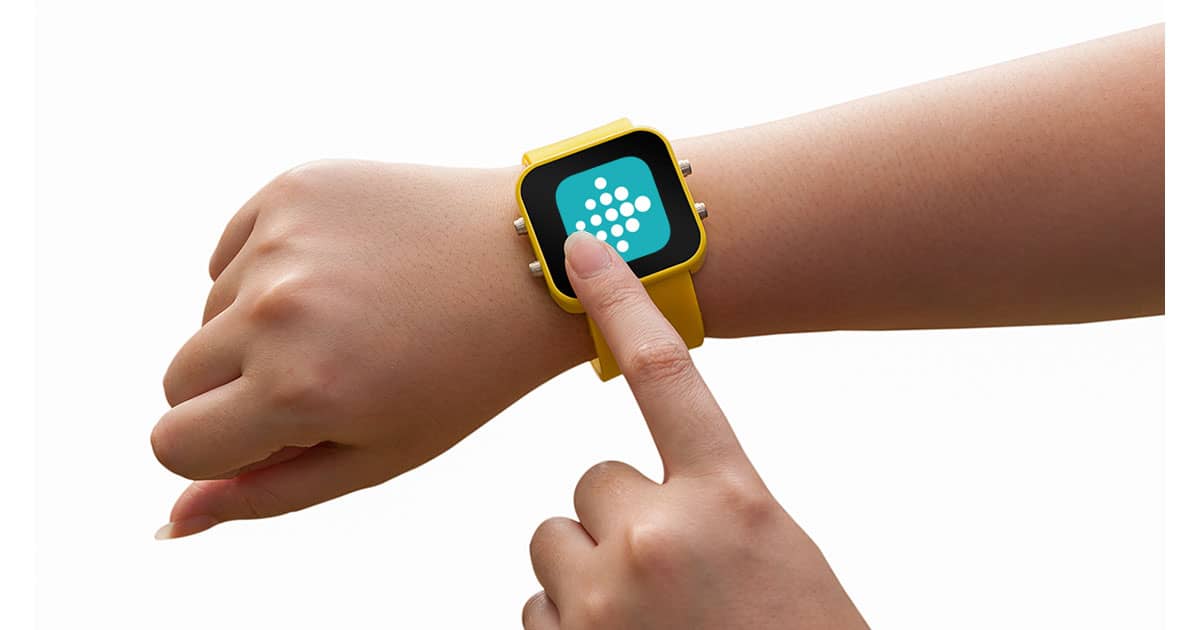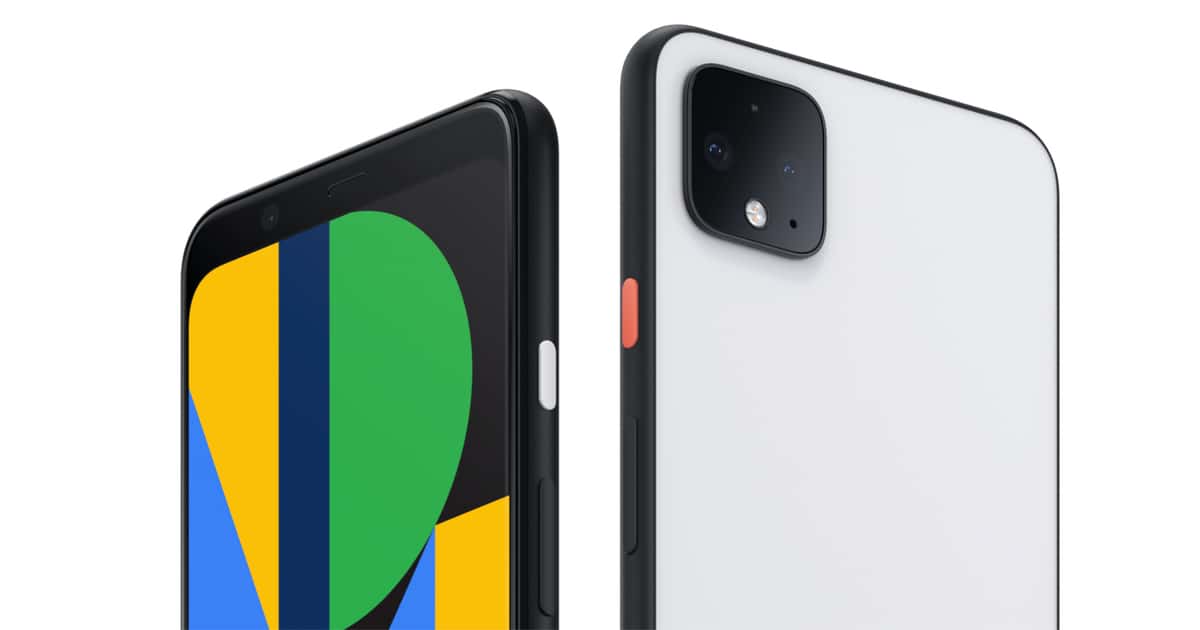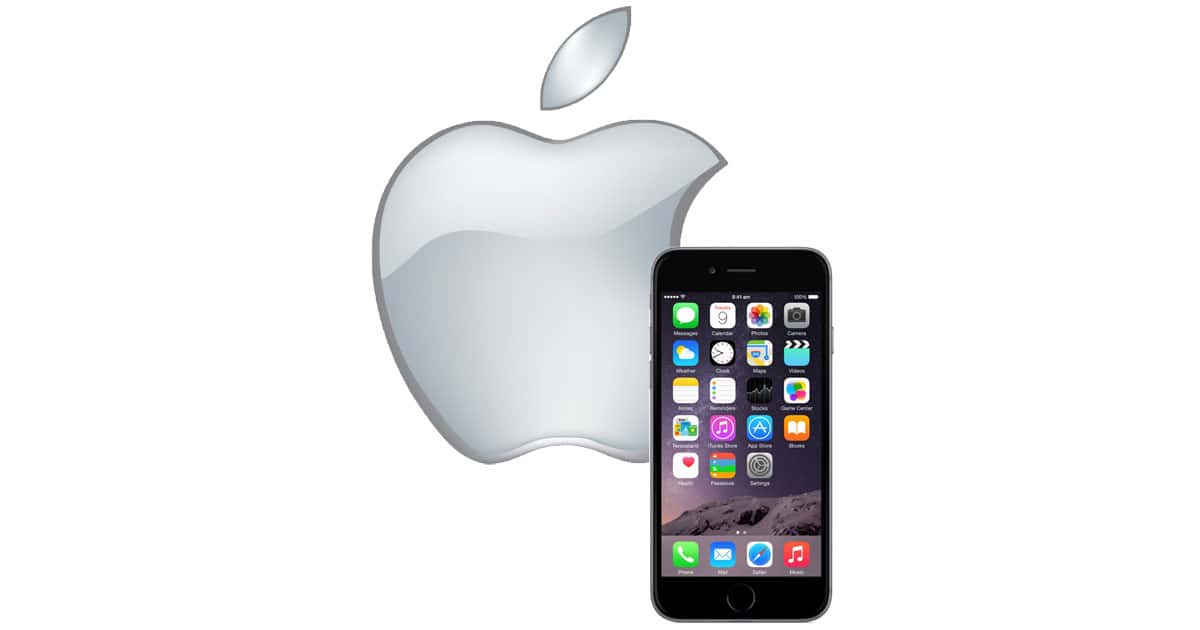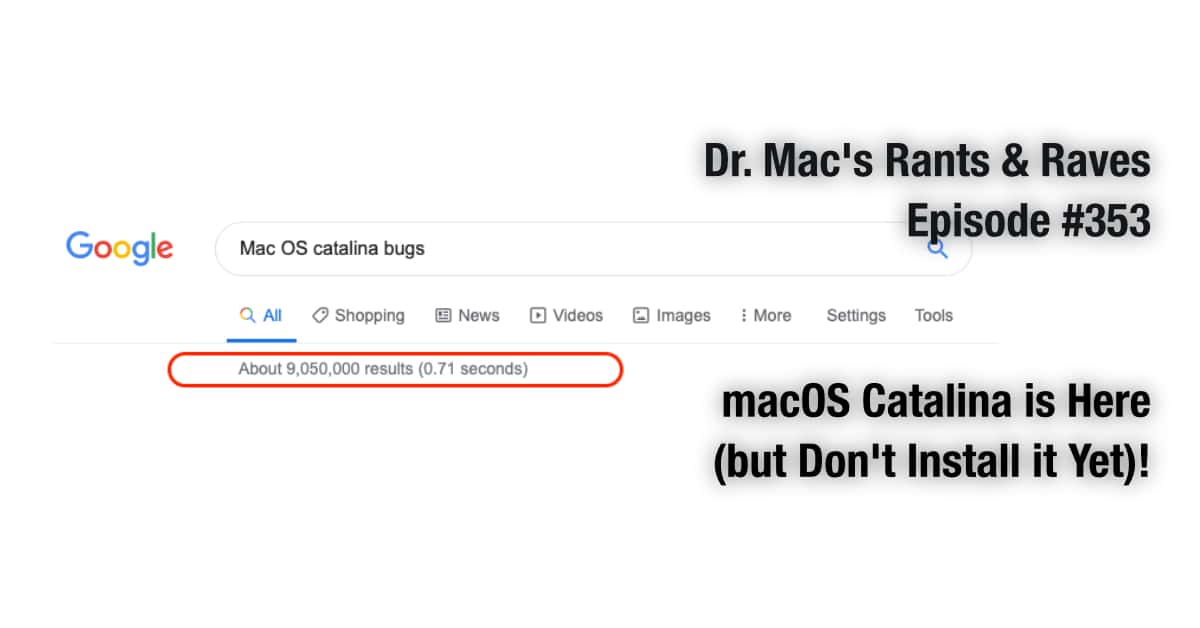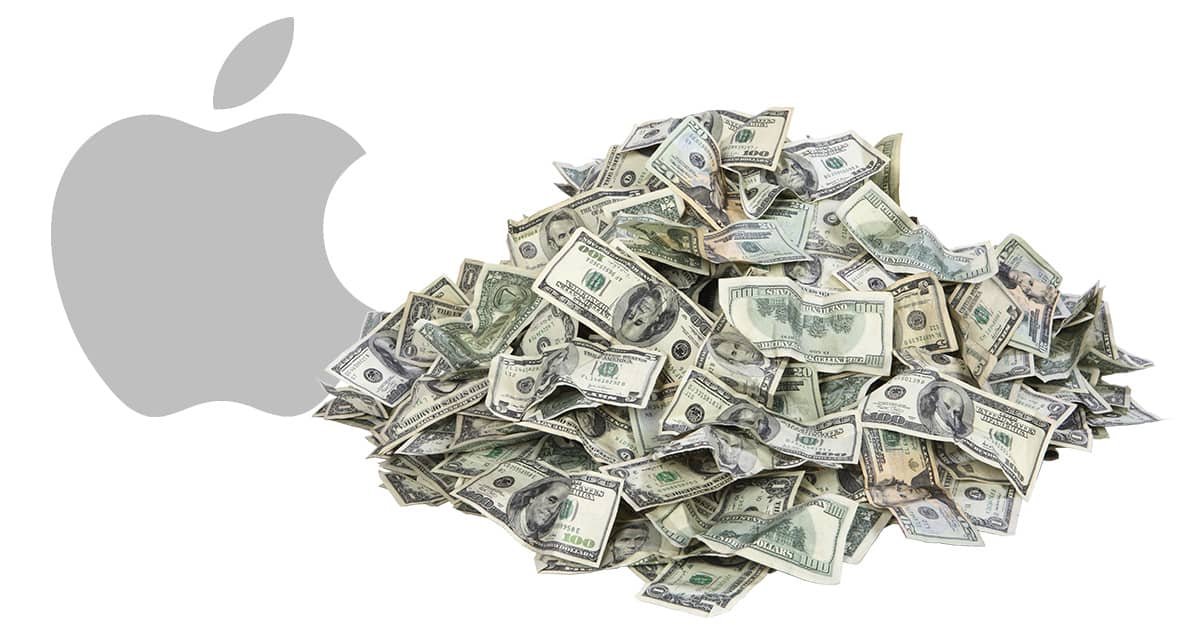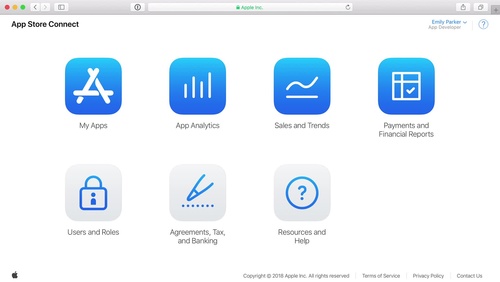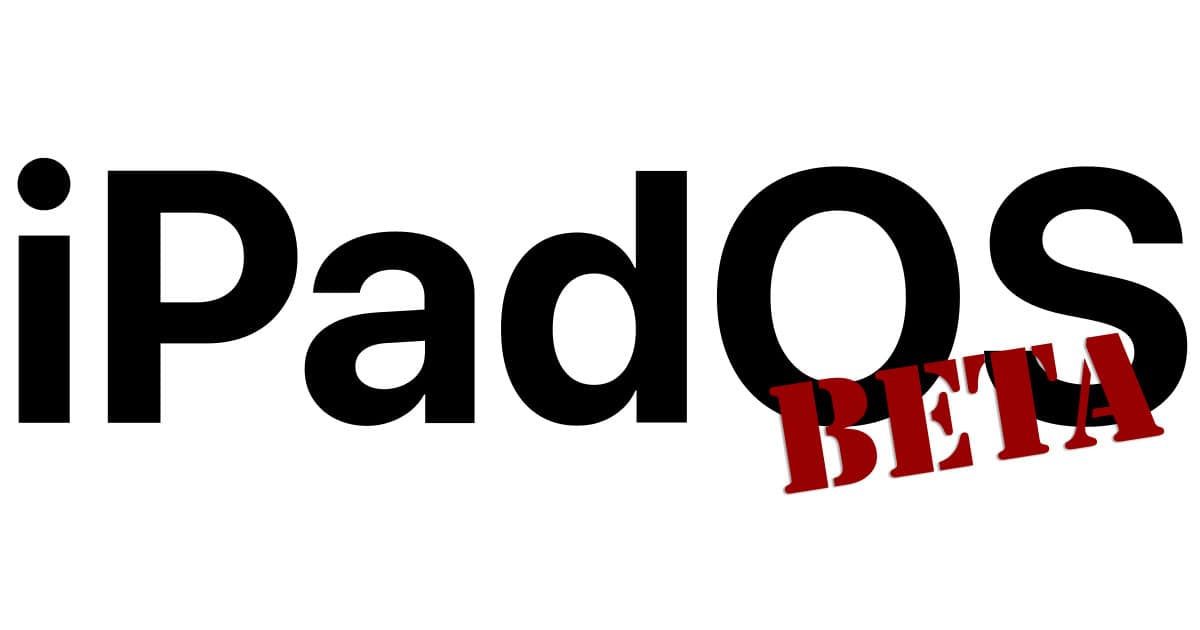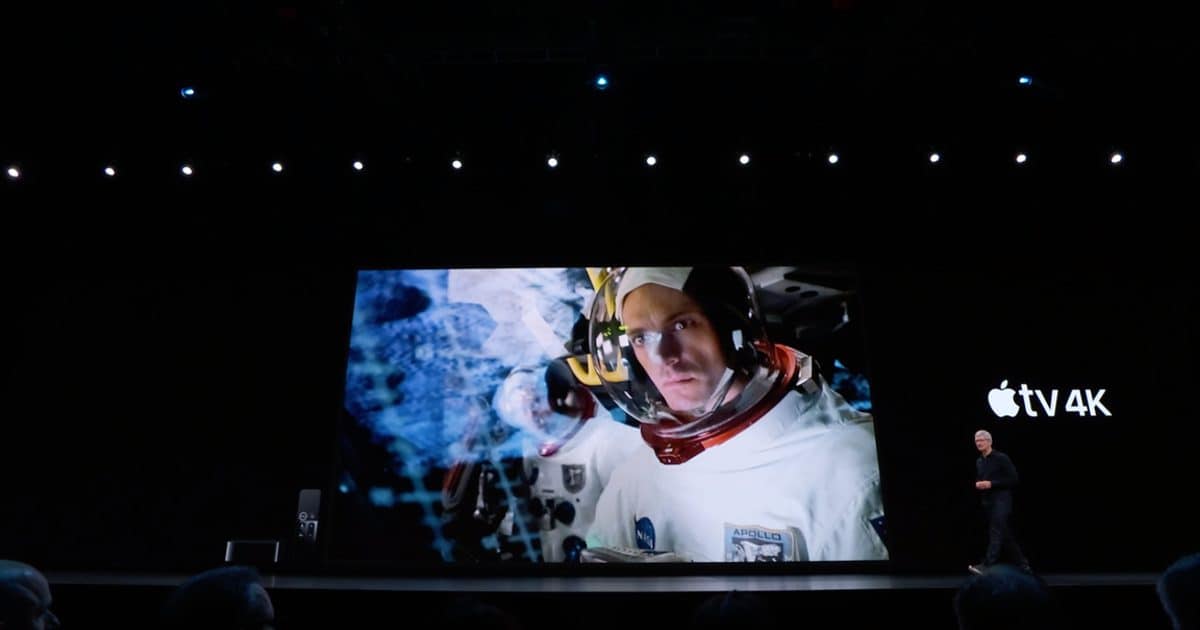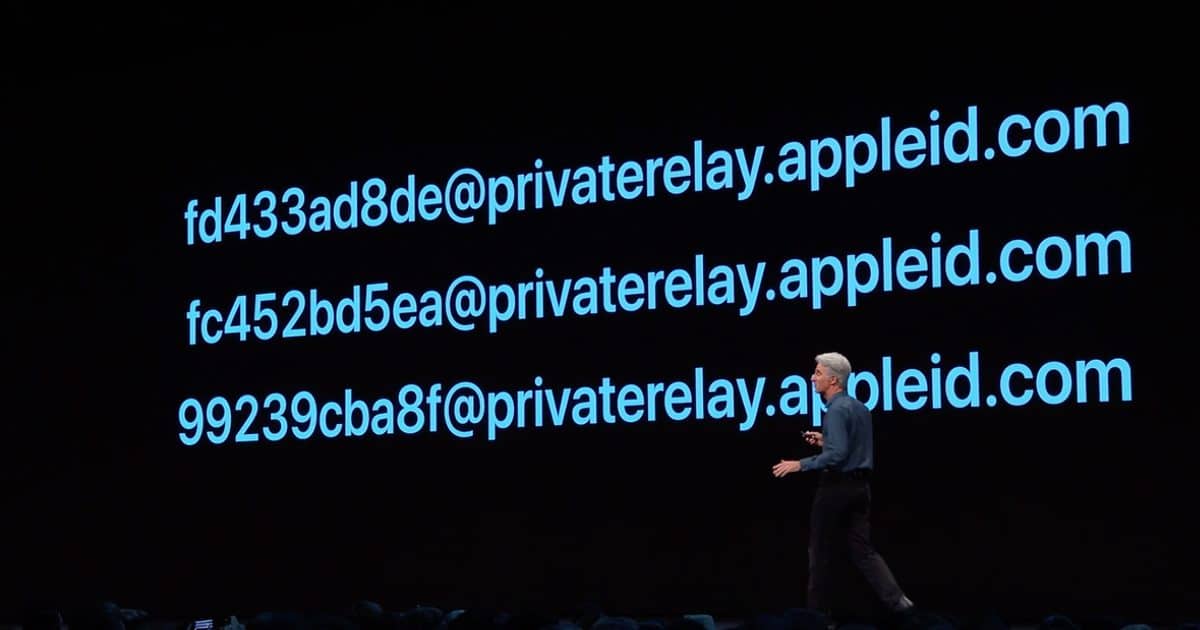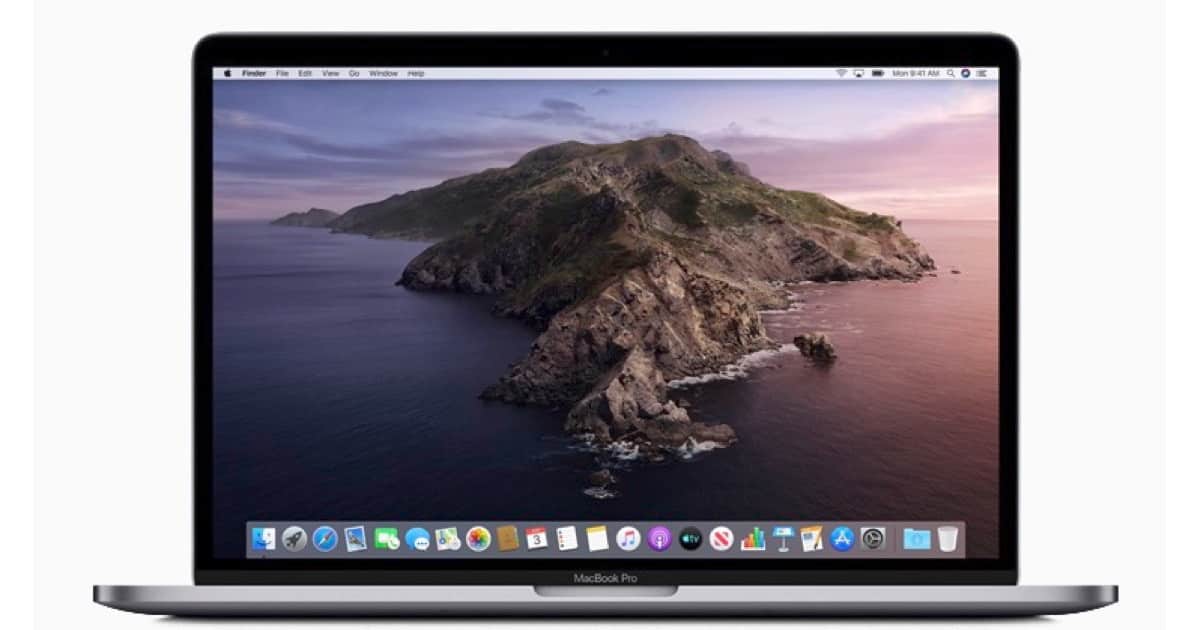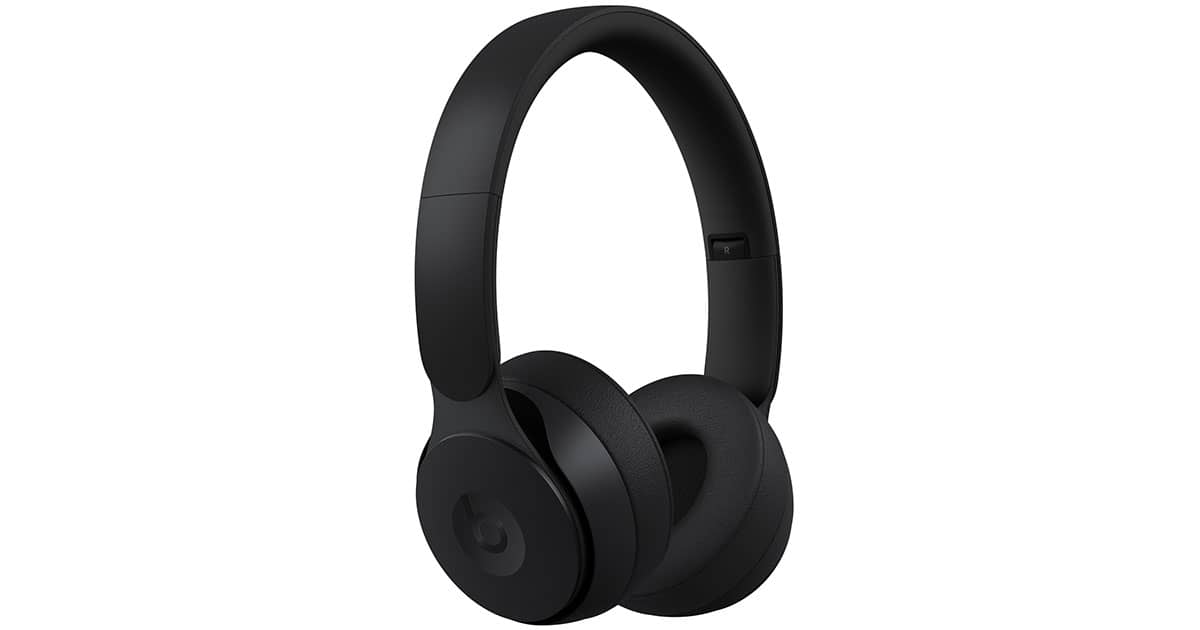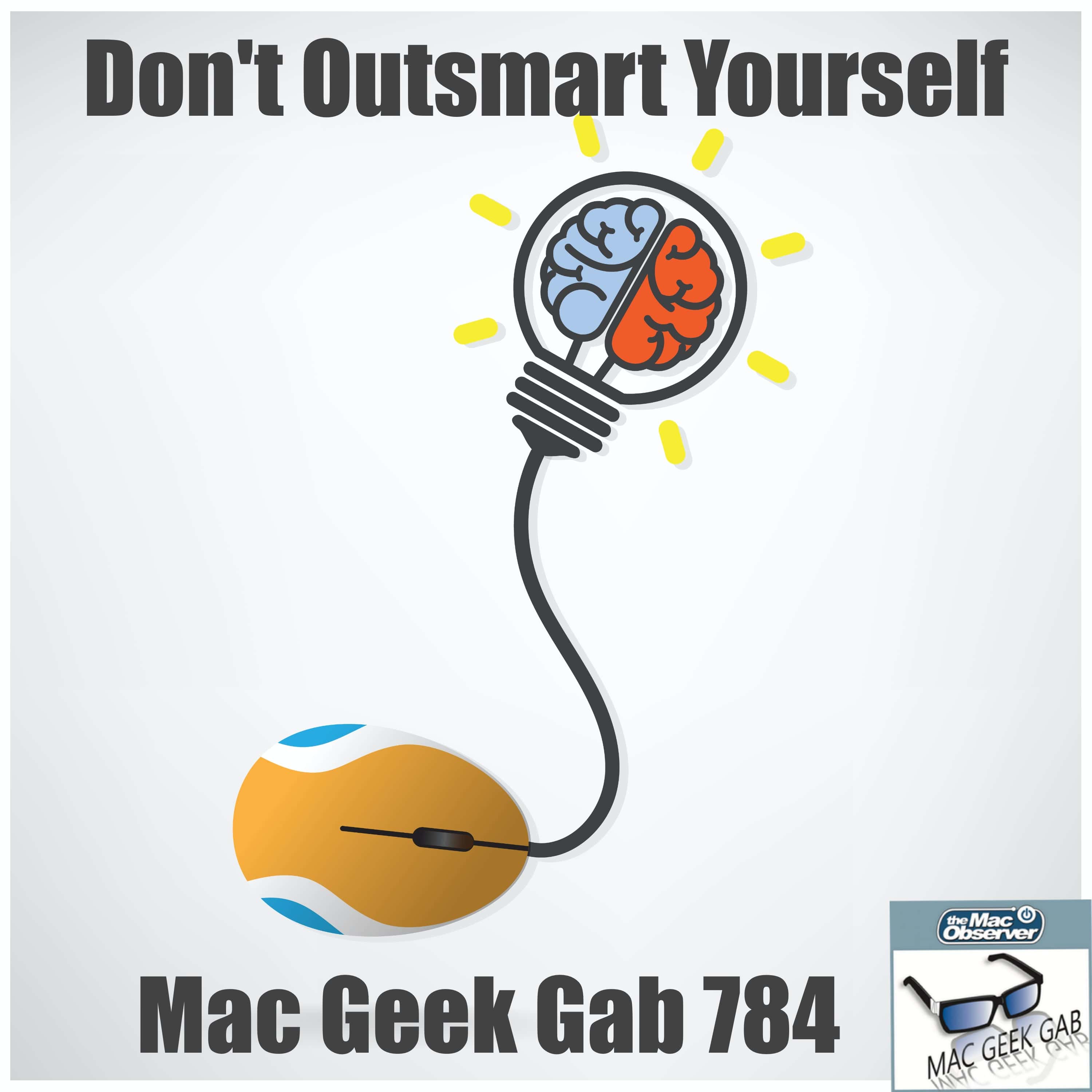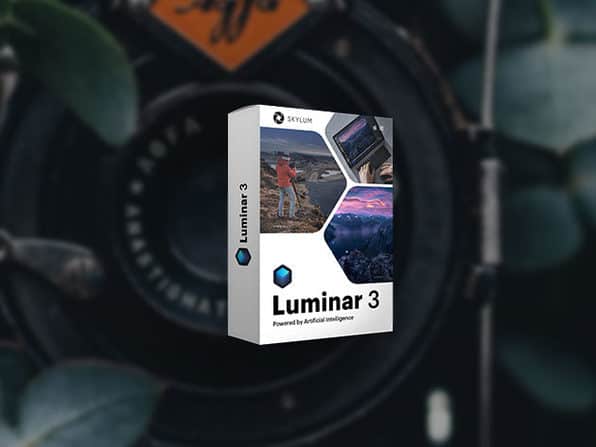Our holiday giveaway has officially come to an end, and we’re so excited to share the results! Congratulations to Antoni N.!
Fitbit to Take on Apple Watch in Healthcare Market And Detect Irregular Heart Rhythms
Fitbit is partnering with Bristol-Myers Squibb-Pfizer Alliance to develop a method to detect irregular heart rhythm.
Apple Could Still Learn From Google, Even if The Pixel 4 Event Was Terrible
Google launched its latest smartphones, the Pixel 4, the other day. Its event did not quite capture the imagination in the way Apple’s iPhone events do. However, argues Rene Ritchie at iMore, Apple could still learn a thing or two from Google.
It was like watching Game of Thrones Season 8, offering them more episodes, begging them for more episodes, and just watching them mic drop and end it.. like that. Anyway. The products and technology that did manage to somehow sneak out on stage was so good, that it almost makes up for the obvious lack of planning and organization that went into the event, and the extreme disrespect shown the audience, both live and streaming. Almost.
For All Mankind Stars Given New iPhone 11s
It seems that being in “a billion pockets,” as Oprah put it, is not the only perk of media stars working with Apple. The stars of For All Mankind were all given iPhone 11s ahead of the premiere, Variety reported.
Apple’s clean-cut aesthetics for the big premiere weren’t surprising for the multinational company and perhaps even less surprising was how generous the company has been with granting the cast and crew access to their latest technology. The entire cast even received new iPhone 11s from Apple ahead of the premiere. “[Apple has] been so supportive. They come and do set visits and they’re excited to see us. They gave us all free iPhones. That is a perk,” star Krys Marshall told Variety on the carpet. “We all got the 11 yesterday. It’s nice. But aside from the free phones, they have just been fabulous, really encouraging. They believe in us.”
UK Drops Plans for Controversial 'Porn Blocker'
The UK Government has dropped controversial plans for a ‘porn blocker’ law, BBC News reported. It was going to introduce stringent age verification checks intended to stop under-18s viewing porn online.
It said the policy, which was initially set to launch in April 2018, would “not be commencing” after repeated delays, and fears it would not work. The so-called porn blocker would have forced commercial porn providers to verify users’ ages, or face a UK ban. Digital Secretary Nicky Morgan said other measures would be deployed to achieve the same objectives. The government first mooted the idea of a porn blocker in 2015, with the aim of stopping youngsters “stumbling across” inappropriate content.
EU Commission Turns Its Antitrust Attention on Apple Pay
The European Union Commission has been going after big tech recently, and now it is looking into antitrust concerns about Apple Pay.
Apple Hit with iPhone Throttling Class Action Suit
Another day, another lawsuit against Apple. The latest class action lawsuit, brought in the U.S. District Court for the Northern District of California, accused Apple of a variety of offenses, including iPhone throttling, AppleInsider reported.
Among the causes of action laid out by plaintiffs are counts of trespass to chattels, violation of the Computer Fraud and Abuse Act (CFAA), violation of California’s Computer Data Access and Fraud Act, unfair business practices and false advertisement. Plaintiffs allege Apple harmed owners of iPhone 6, 6 Plus, 6s, 6s Plus, SE, 7 and 7 Plus units by implementing an iOS feature that, under certain conditions, temporarily throttles an iPhone’s processor during instances of heavy load.
Catalina is Here (But Don't Install it Yet)
macOS 10.15 Catalina is available for download, and, as usual, Dr. Mac warns not to install it just yet.
Foursquare CEO Calls for Congress to Regulate Consumer Location Data Use
Foursquare CEO Jeff Glueck called on Congress to regulate the use of consumer location data in an op-ed published by The New York Times. He further said such regulation should include three principles: 1.) Location data requests in apps be tied to an actual service; 2.) Transparency for users, 3.) That companies getting location data agree to “do no harm.” It’s an interesting read, especially from one of the big players in location data use. Here’s a snippet:
There are no formal rules for what is ethical — or even legal — in the location data business. We could all take a Hippocratic oath for data science (as in medicine: “First do no harm”), and hope that living by such an oath would curb abuses. But even in the best of circumstances, that oath is voluntary. It’s time for Congress to regulate the industry.
Apple and NBCU Extend Ad-Selling Agreement for Apple News, Adds Apple Stocks App
Apple and NBCU have come to an agreement to extend the company’s exclusive right to sell ads for Apple in Apple News.
Apple Schedules 8 Hour Downtime for App Store Connect on October 20th
The company said the service would be down from 6:00 AM PDT on October 20th, for “up to 8 hours.”
Apple Seeds 3rd Dev Betas of iOS 13.2, iPadOS 13.2, tvOS 13.2 - 4th Dev Beta of watchOS 6.1
So far, Apple has added features like new emojis, being able to opt-in to human reviews of Siri interactions, more camera controls, and more.
TREBLAB Z2 Bluetooth 5.0 Noise-Cancelling Headphones: $78.99
We have a deal on a pair of TREBLAB Z2 Bluetooth 5.0 Noise-Cancelling Headphones. This is an updated version of the TREBLAB Z2 headphones, with an all-black design and support for Bluetooth 5, as well as the active noise cancellation.
Breaking Up Big Tech, Apple as Media Company – TMO Daily Observations 2019-10-16
Bryan Chaffin and John Martellaro join host Kelly Guimont to discuss breaking up “big tech” companies, and Apple as a media company.
Apple Commissions 'For All Mankind' Second Series
Just as the show celebrates its premiere, Apple has commissioned a second series of For All Mankind on Apple TV+.
A Technique to Help AI Understand Video Better
AI technology is improving at an amazing rate. However, video is still a significant challenge. Wired reported on a development that may improve things, whilst also using less processing power.
A group from MIT and IBM developed an algorithm capable of accurately recognizing actions in videos while consuming a small fraction of the processing power previously required, potentially changing the economics of applying AI to large amounts of video. The method adapts an AI approach used to process still images to give it a crude concept of passing time. The work is a step towards having AI recognize what’s happening in video, perhaps helping to tame the vast amounts now being generated. On YouTube alone, over 500 hours of video were uploaded every minute during May 2019. Companies would like to use AI to automatically generate detailed descriptions of videos, letting users discover clips that haven’t been annotated. And, of course, they would love to sell ads based on what’s happening in a video.
Elizabeth Warren is Not Going to Take Any More Big Donations From Tech
Elizabeth Warren announced Tuesday that she is not going to accept any more big campaign donations from execs at big tech firms. The contender to be the Democratic-presidential nominee said all contributions over $200 will be rejected, Fast Company reported.
The senator from Massachusetts announced on her website today that she will turn away “contributions over $200 from executives at big tech companies, big banks, private equity firms, or hedge funds.” As CNBC notes, the pledge expands on an earlier promise from Warren, a leading contender in the Democratic presidential primaries, not to accept large contributions from execs at pharmaceutical and fossil fuel companies. Few Democrats in the 2020 presidential race have catered to workers at Apple, Google, Facebook, and the like. A Fast Company analysis in September found that more workers at large tech companies donated to the campaigns of President Donald Trump and businessman Andrew Yang than to Joe Biden’s campaign. (Despite this, Biden raised more money from Big Tech in total.) Warren has specifically campaigned to “Break Up Big Tech” and even put that slogan on a billboard in San Francisco.
Patent Suggests Radar System in Bodywork of Apple's Self-Driving Car
Apple’s much speculated upon self-driving car might have a radar system hidden within the bodywork. That’s according to a patent granted Tuesday and uncovered by AppleInsider.
In Apple’s design, it suggests the use of antennas to transmit a radar beam towards a portion of a field of view, along with a vertical antenna array to receive the bounced-back signal. The receive antenna array can consist of multiple antenna elements grouped into sub-arrays, with each sub-array used to receive scatter signals reflected back at it from a smaller subsection of the field of view. Circuitry is then used to combine the received scatter signals from the antenna array into a combined scatter signal, which is then digitized. A second horizontal receive array performs a similar job, again with sub-arrays and the same process. A signal processor is then used to process the scatter signals from both vertical and horizontal arrays, and to correlate the data from each to give effectively a 3D radar layout.
Developer Suing Apple, Says Sign in With Apple Infringes Its Patent
Earlier this month the developer Blix sued Apple, claiming that Sign in With Apple copies technology used in its Blue Mail application.
Apple TV+ Show 'For All Mankind' Premieres in California
Apple held a star-studded premiere for forthcoming Apple TV+ show For All Mankind in California on Tuesday night.
Readers Report on macOS Catalina Install Issues
Some readers have sent John reports of macOS Catalina install problems. Scary stuff.
Unaired iPhone 4S Commercial with John Krasinski Surfaces
The spot stars John Kransinski using first generation Siri to get answers and find things, and it was posted by Sam Henri Gold.
Apple's Beats Announces Solo Pro, Its First On-Ear Noise Cancelling Headphones
Apple’s Beats By Dre announced Solo Pro on Tuesday, the company’s first on-ear, noise-canceling headphones. They also include support for “Hey Siri,” Apple’s voice assistant. According to the company, Solo Pro offers an “exceptional frequency response with lower total harmonic distortion.” It also has two beam-forming microphones and and what Beats says is an “updated speech-detecting accelerometer” for voice calls. They’re $299.95, and will ship onOctober 30th in Black, Ivory, Gray, Dark Blue, Light Blue and Red. You can preorder now.
Don’t Outsmart Yourself – Mac Geek Gab 784
Sometimes the best thing you can do is to not overthink a solution… and sometimes it happens anyway! Join your two favorite geeks to learn about Catalina tweaks, AirPods tips, iOS scanners, and more. Plus, listen as John and Dave troubleshoot a network issue in real time with just tools available on every Mac!
Luminar 3 Photography Software: $29
We have a deal on Luminar 3, photo editing software for Mac and Windows. It features Accent AI 2.0, which lets you make dozens of adjustments using one slider; “human-aware” technology that recognizes people and applies adjustments selectively for more realistic results; you can enhance the skies in your photos with AI Sky Enhancer; and, more than 70 instant looks hand-crafted by pro photographers. Luminar 3 is $29 through our deal.

